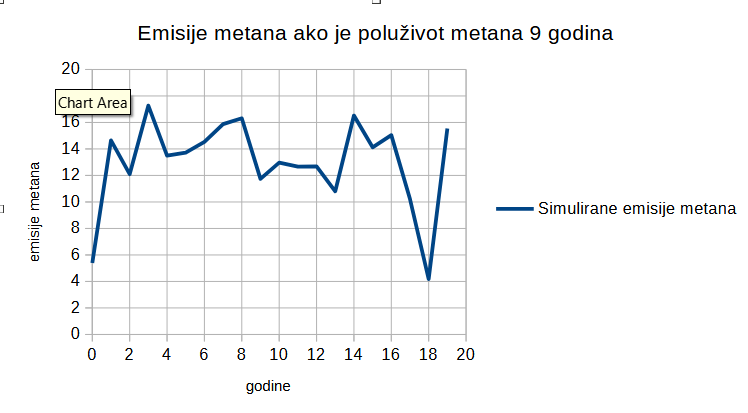Yet again, you seem to buy into antiquated 18th-century and 19th-century ideas about economics, in this case the Say's Law. "Supply creates its own demand.". Do you think the Say's Law is right? If so, how it is that the vast majority of modern-day economists reject it? Admittedly, the Say's Law is not as universally rejected as the Labour Theory of Value (which you also seem to buy into with your philosophy about agricultural subsidies), but subscribing to it in this day and age is just weird.brimstoneSalad wrote:The large feedlots started finishing cows on grain in a big way in the 50's. That's when it started taking over as the dominant practice and beef demand exploded. Incidentally it's probably part of WHY demand exploded.
But, yeah, people educated in linguistics often tell me, when they are first presented with the ideas I advocated in my paper "Etimologija Karašica", that I am a couple of generations behind. That the debate of whether Illyrian is centum or satem has kind of been settled in that it is now generally accepted that "Illyrian language" was not a single language, but a group of distantly related Indo-European languages, some of which were presumably satem and some of which were presumably centum. I think that the evidence supports the notion that Illyrian was centum and that the argument of that k-r pattern in the Croatian river names being statistically significant hasn't even been brought up, much less throughoutly debunked. Linguists couldn't think of it before the Information Theory was discovered. And even now, most linguists are profoundly ignorant of the Information Theory. So, in this case, I think subscribing to an "antiquated" theory is justified.
